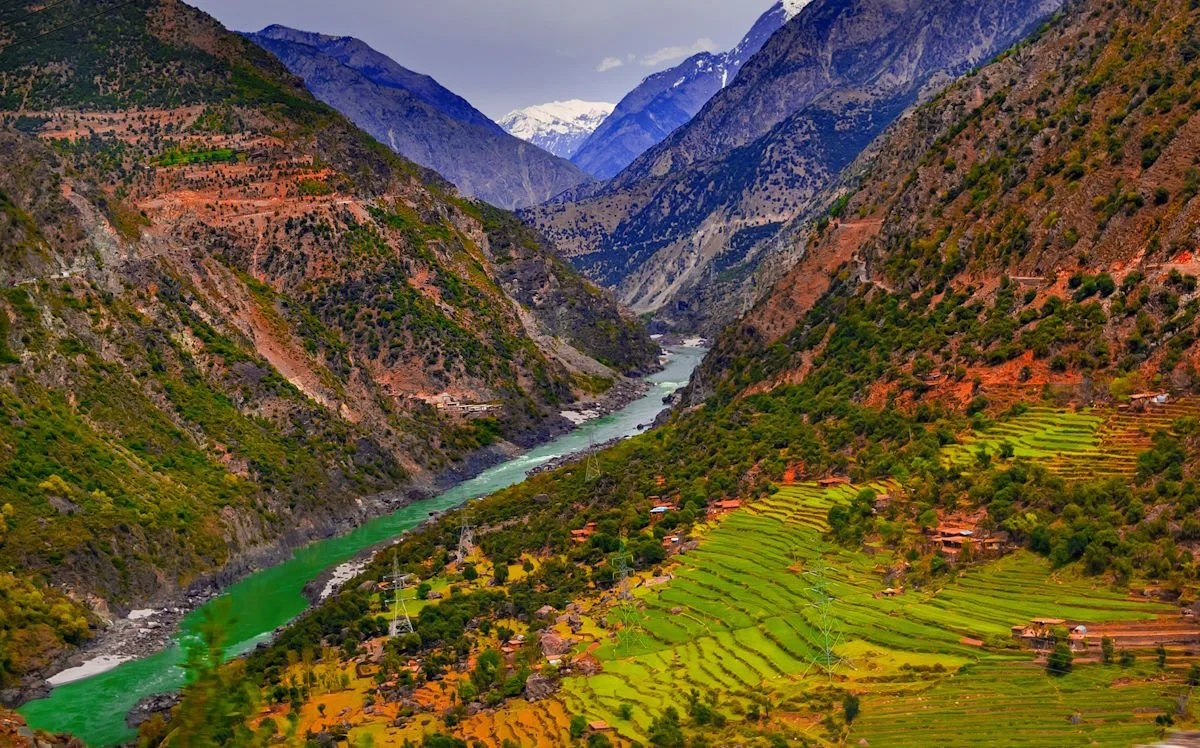March 23: Pakistan Day
Prayer Idea
Pray for the people and government of Pakistan.
Map by Peter Hermes Furian / Shutterstock.com.
History Note
The territory of Pakistan was home to the ancient Indus Valley civilization. The ruins of Mohenjo-daro reveal much about the cultural and technological development of this society. Persians, Greeks, Scythians, Arabs, Afghans, and Turks all influenced the area over later centuries.
The modern country of Pakistan formed in 1947 when British India gained independence from the United Kingdom. Pakistan, which had a majority Muslim population, was separated from India, which had a majority Hindu population. Many Hindus and Sikhs in the new Pakistan moved to India, while many Muslims in the new India moved to Pakistan. Disruption and violence led to many deaths. Pakistan and India continue to have a tense relationship.
Today Pakistan is a federal parliamentary republic. Its population of 250 million is the fifth-largest in the world. The Punjabi are the largest ethnic group (about 45%), with several other ethnic groups and languages represented in the country. Islam is the official religion, with about 95% of citizens being Muslim.
Government officials and military staff observe March 23 as Pakistan Day. This commemorates the date in 1956 when the country adopted a constitution and became the Islamic Republic of Pakistan.
Indus River in the Karakoram Mountains of Pakistan. Photo by khlongwangchao / Shutterstock.com.
Learn More
“Qaumi Taranah” is the national anthem of Pakistan. Ahmad Chagla composed the music in 1949, and Hafeez Jalandhari wrote the lyrics in 1952. This video shows people singing the song and highlights some of the cultural and geographic diversity of Pakistan.
Find out more about Pakistan at Homeschool History.

